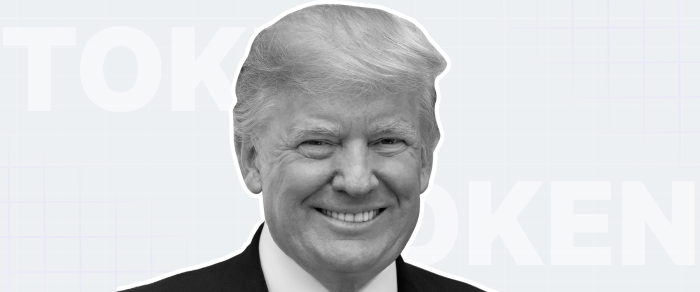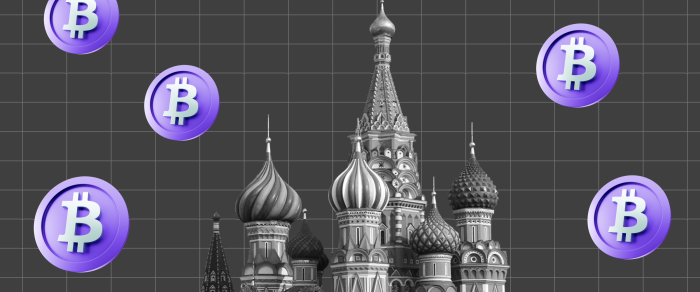It’s Not Just BlackRock Construction of Business. Exchanges like Nasdaq Are Also Getting into The Crypto Game.
Not only is BlackRock construction of business and other fund giants muscling into crypto, but so are other finance titans. Traditional exchanges see prospects in digital assets and are moving to enter the market.
According to a spokeswoman, the London Stock Exchange Group (LSEG.U.K.) is “exploring plans” to develop an end-to-end digital market for more effectively raising and moving money. In an interview with the Financial Times this week, the exchange’s head of capital markets stated that the organisation had been exploring the possibility of a blockchain-powered trading venue for almost a year and had reached an “inflexion point” to proceed.
The LSE is not alone in this regard. Intercontinental Exchange (ICE), the New York Stock Exchange operator, will spin off its Bakkt (BKKT) business in 2021, a platform for managing digital assets in which ICE will retain the majority stake. Bakkt has dabbled with tokenization, collaborating with Mastercard (MA) to give tokenized incentives and loyalty points, but its core focus is on crypto custody solutions. Apex, a cryptocurrency exchange, was purchased by the company in April.
“Jeff has always taken the stance that there’s opportunity in crypto, but they didn’t want to put the ICE name on anything crypto specific yet,” says Patrick Moley, an analyst at Piper Sandler, referring to ICE’s CEO Jeffrey Sprecher. “It’s something I think he pays very close attention to.”
The industry’s challenge is highlighted by a reluctance to directly integrate ICE and crypto. In the United States, crypto confronts significant regulatory challenges, and even if firms see income in blockchain technology and tokenization, they may be scared of crypto’s shady reputation.
According to Moley, these exchanges are awaiting greater regulatory certainty.
Still, transactions are taking place.Not only is BlackRock construction a thing. If authorities approve, Nasdaq (NDAQ) plans to float a Bitcoin exchange-traded fund sponsored by BlackRock. Nasdaq has also hinted at ambitions to custody crypto and is growing into digital assets through trading technology and infrastructure, for example, by supplying the matching engine to cryptocurrency exchange Bitstamp.
According to a person familiar with the subject, crypto is considered as a development area within Nasdaq. While ETFs receive a lot of attention, the individual noted that a greater potential may be in supplying trading technology and services to the more than 130 organisations and entities that already conduct business with Nasdaq internationally.
While the United States may not be crypto-friendly, other countries are. For example, in late June, Nasdaq announced a partnership with Chile’s Central Securities Depository to allow digital asset registration, transfer, and settlement.
The possibility of hosting a spot Bitcoin ETF remains a significant potential. Cboe Global Markets (CBOE), a Chicago trading behemoth, has the most pending applications for such a fund, with six. If the Securities and Exchange Commission approves these ETFs, exchanges will earn listing fees in addition to money from selling market data. According to Moley, the money might also assist in establishing the framework for future derivative products.
According to a Cboe spokeswoman, data is an important aspect of the exchange’s digital asset strategy, but so is crypto trading. In 2022, the company purchased a cryptocurrency spot market, a regulated futures exchange, and a clearinghouse, renaming it Cboe Digital. In June, US regulators approved that organisation to provide crypto futures to traders using leverage or borrowed money.
CME Group (CME) might be another benefit. The firm currently provides regulated Bitcoin and Ether futures and non-tradable price indices. A Bitcoin ETF might boost earnings by increasing demand for derivatives.
“CME probably has the most to benefit in the immediate term from any sort of Bitcoin ETF approval,” says Moley. “It would create a need for more hedging tools like futures contracts that hedge positions for whoever owns the underlying spot Bitcoin ETF.”
The golden goose is broader asset tokenisation — putting anything from real estate records to equities, bonds, and other assets on blockchains. Securities tokenization, according to BlackRock CEO Larry Fink, might revolutionise finance. While there are some early instances, such as a bond fund with shares that can be exchanged on the blockchain, it is still a long way off.
Moley further argued that exchanges are technologically capable of developing infrastructure to allow asset tokenization and trade. However, he does not believe there will be a significant push to tokenize assets until legislative certainty surrounds digital assets in general.



